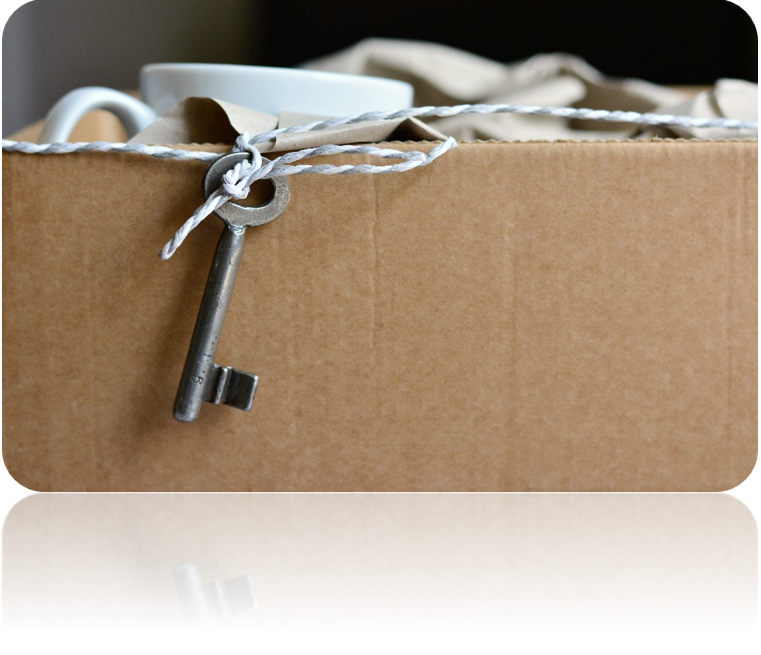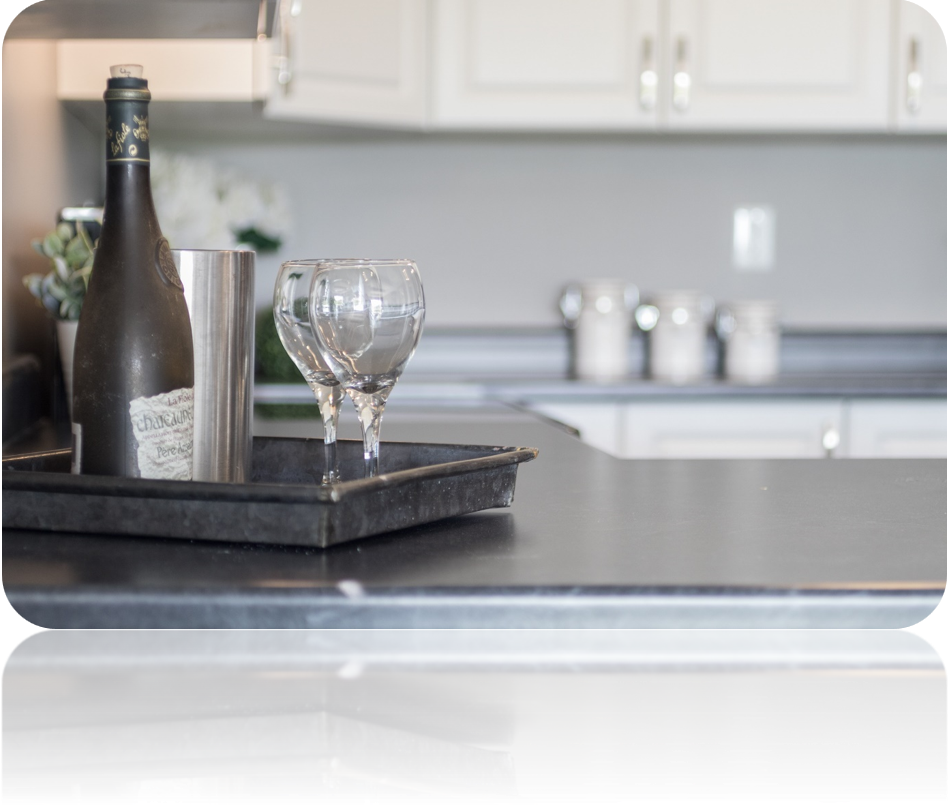5 things you should pay attention to when moving in to your flat
Moving day is as stressful of an event as it is exciting for most of us. Many people are so overwhelmed by the packing and carrying stuff accross town, their only wish is to finally be over it. No wonder, that oftentimes when we move in to a new place we forget to pay attention to detail - and regret it later. That’s why we decided to put together an article in which we give you five tips to make moving day a bit less of a hassle.

1.) Utility meters:
As soon as you receive your keys, you should make it a priority to document your utility meter readings (electricity, gas and water). This will be useful when bills come, and it will help you avoid misundertandings. Your best bet is to include your starting meters in your contract and take a photo of them.
2.) Inventory list/ preexisting damage in the flat
We can not stress this enough! Make sure to inspect the condition of the flat on the very day of moving. Take note of any damage you may find (eg. chipped walls, stained showerheads, etc.) This way you can make sure you will not be held responsible for damages that weren’t caused by you, and save you a lot of money at the time of leaving the flat. Best is if you and the landlord take the time to make a very detailed inventory list of the equipment.
3.) Keys and gate code
It’s so important to make sure you have a key to every door you need to use. Many times the landlord doesn’t provide a key to the main door of the building, instead, they will only give you the gade code, which is fine-as long as there’s no power outage. Outages can happen, and they are almost always unexpected. The intercom won’t work in this case and you will be locked out. Make sure to receive a key to both the main door, the flat entrance, the mailbox and also any extra space you may be entitled to using (eg. storage, garage, etc.)

4.) User manuals:
In order to keep your equipment in the best shape troughout your lease period, it is crucial to know how you’re supposed to be using them. It may sound like obvious information, but a little attention goes a long way when it comes to your machines. Ask your landlord for the user manuals (which in most cases have english translations in them) and see if there’s any specific instructions and aftercare tips.
5.) Building and flat rules:
Most buildings have a set of rules and regulations which are usually hung up in the hallway of the building. These rules generally include fire safety and emergency exit plan instructions as well. Some landlords write down their own set of rules (if they are not already specified in the contract). If you get your own house rules, make sure you read them and sign it in approval.

